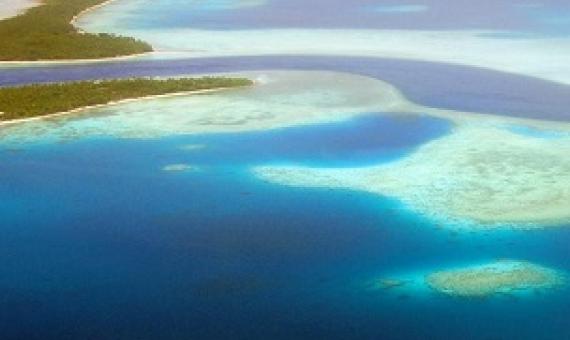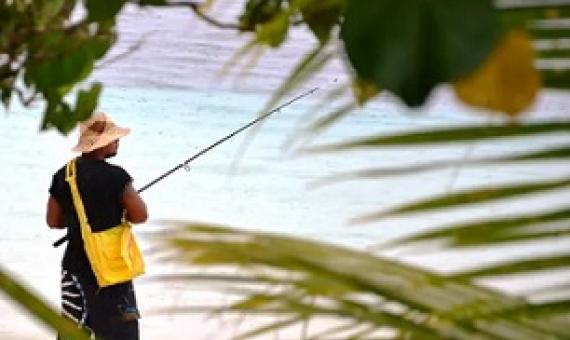Regional assessment on ecosystem-based disaster risk reduction and biodiversity in Oceania.
The Oceania region is very prone to natural disasters having experienced two Category 5 cyclones in as many years; Tropical Cyclone (TC)Pam struck Vanuatu on 13 March 2015 and TC Winston struck Fiji on 20 February 2016.Available onlineCall Number: [EL]Physical Description: 92 p


